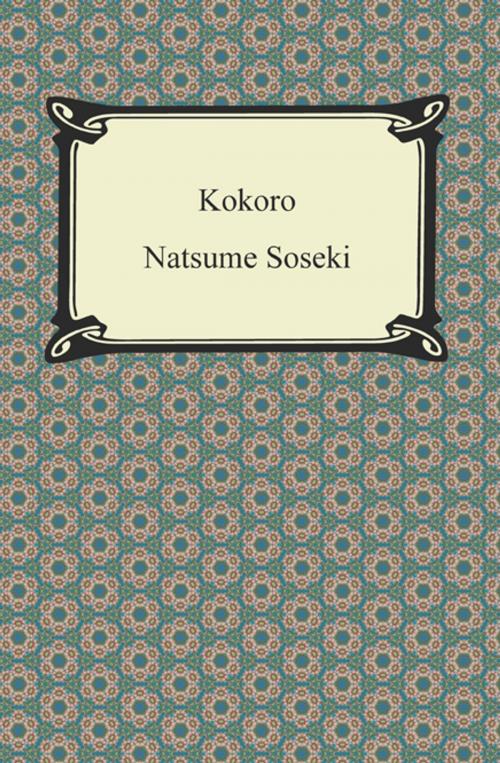| Author: | Natsume Soseki | ISBN: | 9781420948431 |
| Publisher: | Neeland Media LLC | Publication: | December 15, 2009 |
| Imprint: | Digireads.com Publishing | Language: | English |
| Author: | Natsume Soseki |
| ISBN: | 9781420948431 |
| Publisher: | Neeland Media LLC |
| Publication: | December 15, 2009 |
| Imprint: | Digireads.com Publishing |
| Language: | English |
Literally meaning "heart", the Japanese word "kokoro" can be more distinctly translated as "the heart of things" or "feeling." Natsume Soseki's 1914 novel, which was originally published in serial format in a Japanese newspaper, "Kokoro" deals with the transition from the Japanese Meiji society to the modern era. Divided into three parts "Sensei and I," "My Parents and I," and "Sensei and His Testament," the novel explores the themes of loneliness and isolation. In the first part we find the narrator attending university where he befriends an older man, known only as "Sensei," who lives a largely reclusive life. In the second part of the novel the narrator graduates from college and returns home to await the death of his father. The third part of the novel recounts a letter that the narrator receives from the "Sensei," which describes the circumstances that caused his loss of faith in humanity and the guilt he feels over the death of a childhood friend which drives him to the reclusive life that he has led. A deeply thematic novel "Kokoro" provides an excellent introduction to one of Japan's most beloved authors, Natsume Soseki.
Literally meaning "heart", the Japanese word "kokoro" can be more distinctly translated as "the heart of things" or "feeling." Natsume Soseki's 1914 novel, which was originally published in serial format in a Japanese newspaper, "Kokoro" deals with the transition from the Japanese Meiji society to the modern era. Divided into three parts "Sensei and I," "My Parents and I," and "Sensei and His Testament," the novel explores the themes of loneliness and isolation. In the first part we find the narrator attending university where he befriends an older man, known only as "Sensei," who lives a largely reclusive life. In the second part of the novel the narrator graduates from college and returns home to await the death of his father. The third part of the novel recounts a letter that the narrator receives from the "Sensei," which describes the circumstances that caused his loss of faith in humanity and the guilt he feels over the death of a childhood friend which drives him to the reclusive life that he has led. A deeply thematic novel "Kokoro" provides an excellent introduction to one of Japan's most beloved authors, Natsume Soseki.















